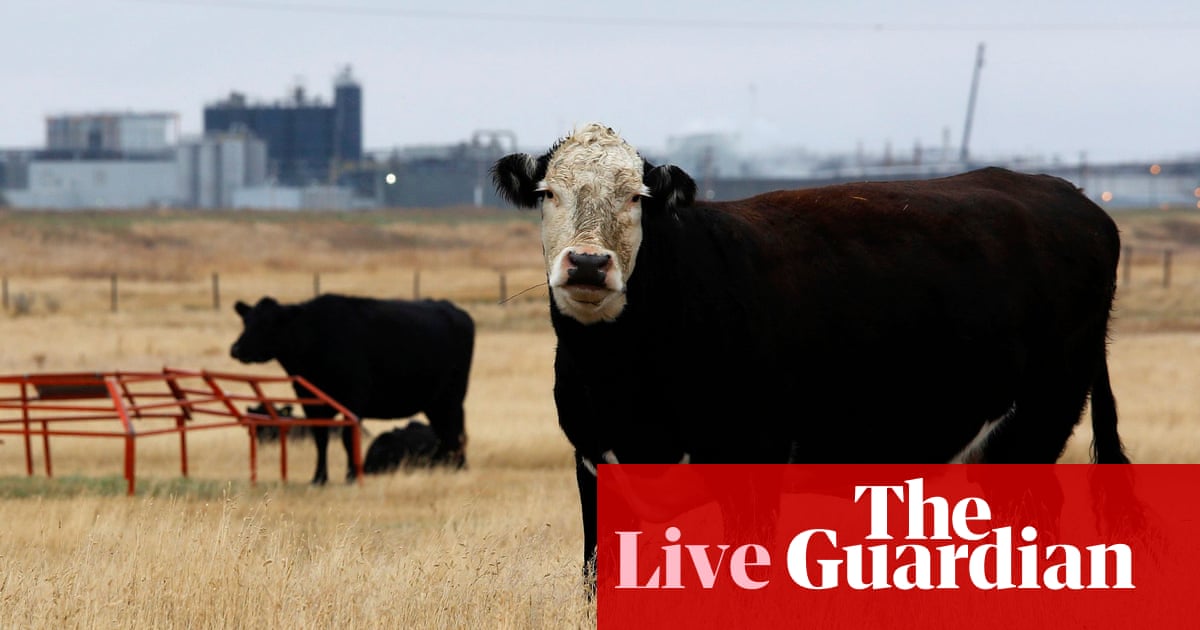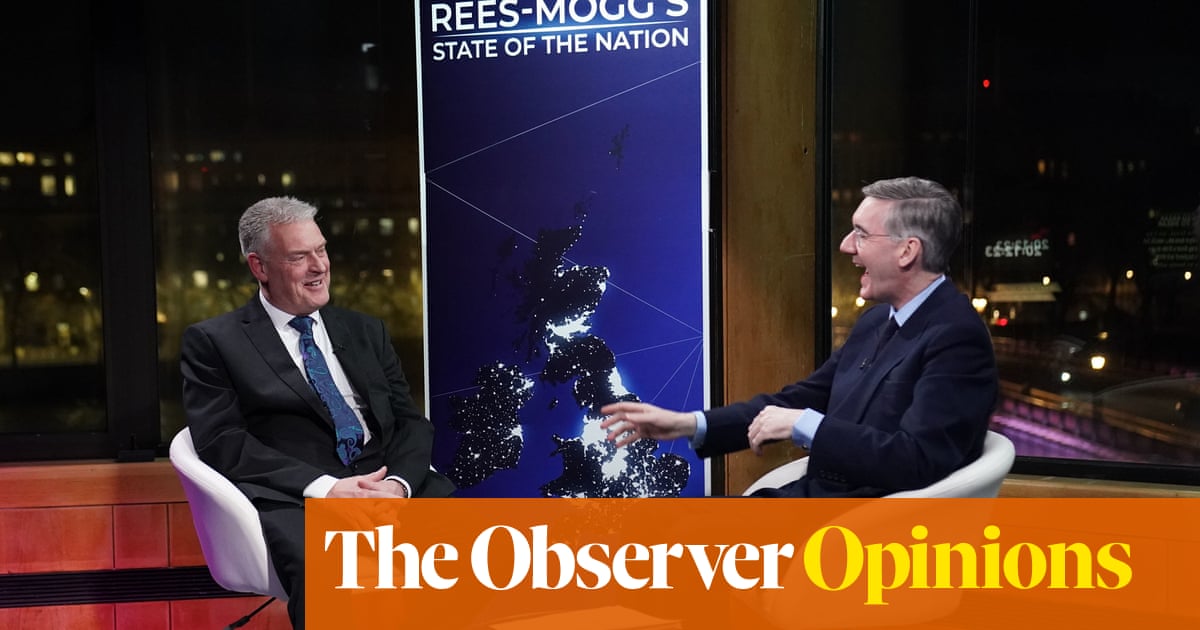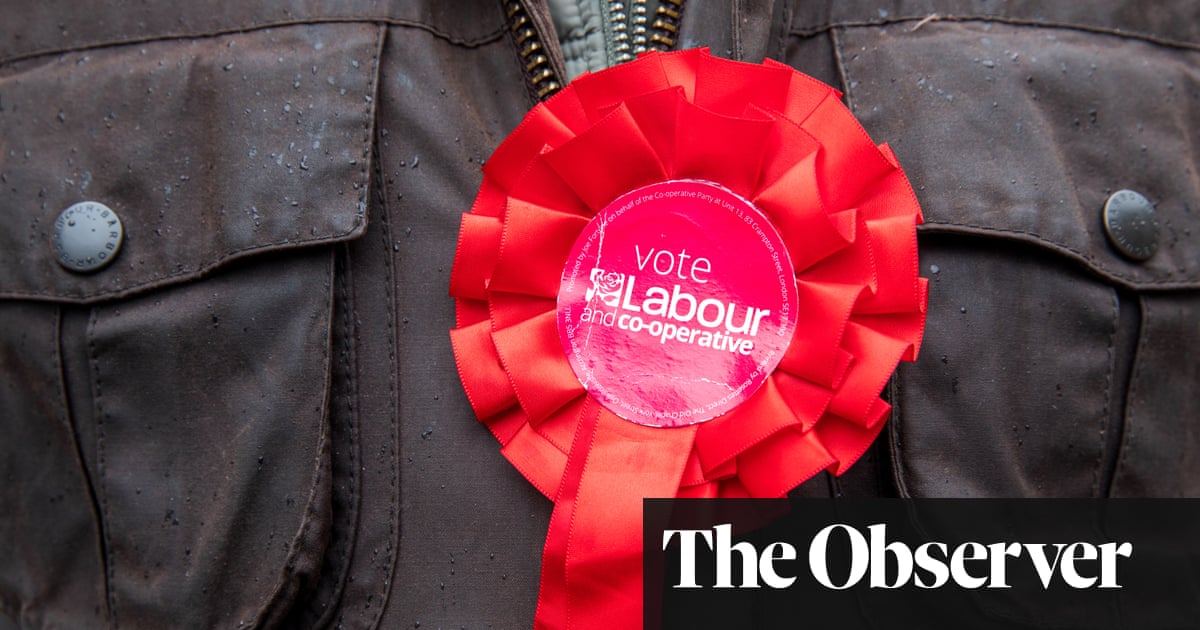UK walks away from post-Brexit Canada trade talks ‘over hormones in beef’ – business live | Trade policy


Key events
The UK and Canada put in place interim arrangements after Brexit to keep trading terms the same while they negotiated. But the collapse in talks means that the relationship is worse than it was while the UK was part of the EU.
British cheese exporters will be among the sectors which are hit worst, with steeply rising tariffs. Canada’s dairy farmers argue that they should not be made worse off by the UK’s decision to leave the EU. The Canadian Broadcasting Corporation reported:
Representatives from the Dairy Farmers of Canada have argued the UK should be negotiating with the EU to recover its share (15%, based on British population) of the market access Canada handed over to foreign competitors under [trade deal] CETA.
“How is this the Canadian government’s problem to solve?” wrote Jacques Lefebvre, DFC’s CEO, in an email to CBC News.
European stock markets have opened with a mixed picture across the continent, although the UK’s FTSE 100 has jumped.
Here are the opening snaps from Reuters:
-
EUROPE’S STOXX 600 UP 0.2%
-
BRITAIN’S FTSE 100 UP 0.7%
-
FRANCE’S CAC 40 UP 0.5%, SPAIN’S IBEX UP 0.2%
-
EURO STOXX INDEX UP 0.1%; EURO ZONE BLUE CHIPS UP 0.1%
-
GERMANY’S DAX DOWN 0.1%
British farming lobby welcomes end of Canada trade talks
The end of trade talks between the UK and Canada is a “relief for farmers”, the head of the British National Farmers’ Union (NFU) has said.
Agricultural products represent a tiny proportion of output in the UK and Canada. Only 0.8% of UK GDP in 2022 and 1.7% of Canada in 2019 was from agriculture, forestry and fishing, according to the World Bank. However, the position of farmers is often a totemic issue in trade talks.
“Canadians love British cheese” but they “have been determined to do a contra” to get hormone-treated beef and certain pork products into the UK, Batters said. She said:
Trade on agricultural products is always the first thing to be discussed and the last thing to be agreed, and I’m pleased the government has stuck to its line and not given way.
Canada has played hard ball for a long time and it was always going to come to a crunch point.
Batters said compromise would have damaged the UK farming sector by producing a “two-tier” industry, with British farmers competing with Canadian farms with lower standards.
The below chart from the World Bank shows how the proportion of economic output accounted for by farming in the world has fallen markedly since the 1980s across the world.
UK-Canada trade talks break down in beef over cheese
The UK has walked away from post-Brexit trade talks with Canada in what one expert described as a “blow to the government’s trade story”.
Canada said the breakdown in talks came because the UK insisted on maintaining restrictions on its agricultural products, of which beef treated with hormones has been a persistent problem. The BBC on Friday reported that the beef dispute was a key factor in the failure of talks.
British cars will also face tariffs from the end of April when imported to Canada. Canada had already imposed a 245% tariff at the start of the year on British cheeses such as stilton and cheddar if they fell outside the already existing quota for non-EU imports.
In a statement posted on X, a British government spokesperson said “we reserve the right to pause negotiations with any country if progress is not being made”.
A spokesperson for Canadian trade minister Mary Ng said:
We are disappointed that negotiations with the UK are being paused. Their decision to continue to maintain market access barriers for our agriculture industry and unwillingness to reach a mutual agreement has only stalled negotiations.
Ng’s UK counterpart, Kemi Badenoch, did not appear to have commented on the breakdown in talks by Friday morning. Badenoch has been seen as a contender for the Conservative party leadership if Prime Minister Rishi Sunak is pushed aside, in part because of her work on trade deals.
David Henig, UK director for the European Centre For International Political Economy, a trade-focused thinktank, said it was “little surprise” that the UK had failed to reach a deal with “persistently tough negotiating partners”. He added it was “a blow to the government’s trade story.”
UK trade news! Canada have proved persistently tough negotiating partners for the UK, and this comes as little surprise. The existing replica of the EU agreement is presumed to hold for now, but must also raise a question on CPTPP ratification. https://t.co/NtPzeLf5ZY
— David Henig 🇺🇦 (@DavidHenigUK) January 25, 2024
The agenda
9am GMT: European Central Bank survey of professional forecasters
1:30pm GMT: US core personal consumption expenditure inflation price index (previous: 0.1%; consensus: 0.2%)




